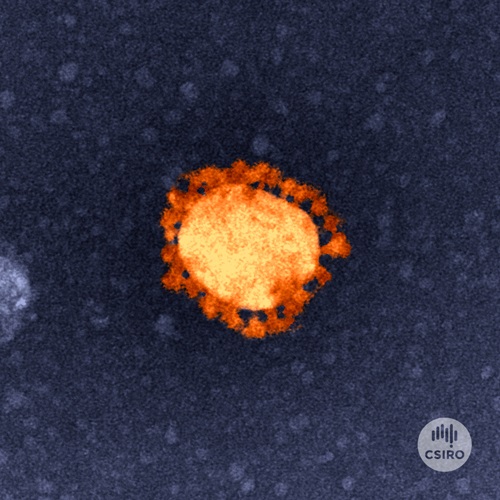CSIRO, Australia's national science agency, has published the peer-reviewed results of its independent preclinical evaluation of the University of Oxford-AstraZeneca COVID-19 vaccine in an animal model, conducted in early 2020.
Peer-reviewed results from last year's preclinical evaluation of the University of Oxford-AstraZeneca COVID-19 vaccine have been published today in the scientific journal npj Vaccines.
CSIRO, Australia's national science agency, conducted the independent preclinical evaluation of the vaccine in an animal model in early 2020.
The study was conducted in partnership with the Coalition for Epidemic Preparedness Innovations (CEPI). Quality assured and quality-controlled data was shared last year with CEPI and the University of Oxford to support human clinical trials.
No blood clots or other adverse reactions to the vaccine were observed in ferrets during the study.
The preclinical study evaluated the efficacy of the vaccine when delivered in one or two doses, through either an intramuscular injection or by nasal drops.
The study found:
- The vaccine triggered a strong immune response in ferrets.
- A significant reduction in viral loads in nasal and oral samples from vaccinated ferrets, indicating the vaccine may be helpful in preventing ongoing transmission of the virus.
- Nasal delivery of the vaccine has the potential to further improve the efficacy of the vaccine.
The study took place at the Australian Centre for Disease Preparedness, CSIRO's high-containment biosecurity facility in Geelong.
CSIRO Health and Biosecurity Director, Dr Rob Grenfell, said scientists at CSIRO were proud to have been ready to respond quickly when the pandemic emerged.
"Now that our preclinical results have been reviewed and published in a scientific journal, as part of the standard peer-review process, we hope this information can support ongoing global research into the virus and vaccine development."
The paper, "ChAdOx1 nCoV-19 (AZD1222) vaccine candidate significantly reduces SARS-CoV-2 shedding in ferrets", is available online at: https://www.nature.com/npjvaccines/
For more information on CSIRO's COVID-19 work, visit: www.csiro.au/COVID-19
Notes to editors
This study was reviewed and approved by the Animal Ethics Committee at the Australian Centre for Disease Preparedness, in compliance with Australian national and state legislation pertaining to the use of animals in research.
Images







